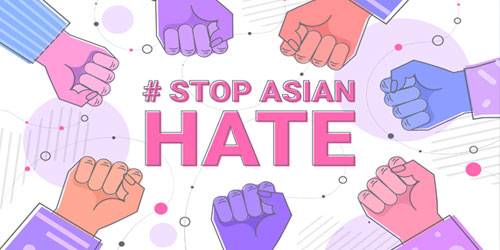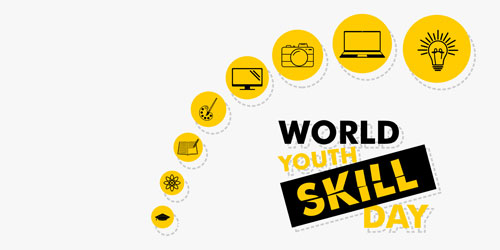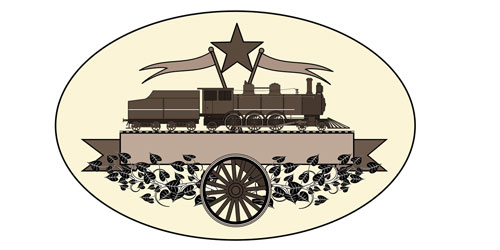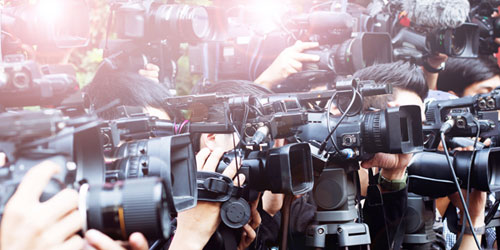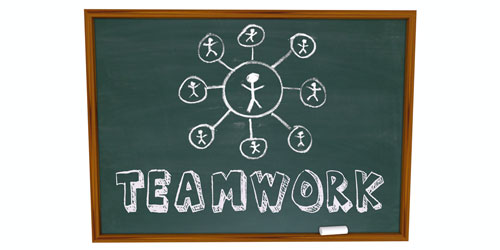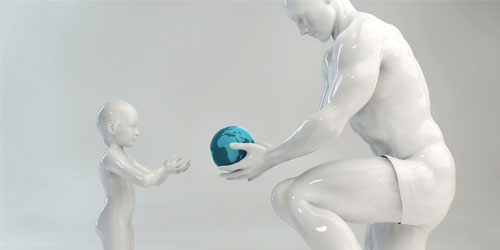Tribute to Dr. Kissinger
[Author: Sher Li, Board Chaiworman of Chinese American Foundation]
On November 29, 2023, I read on electronic media about the passing of Dr. Henry Kissinger at his home that day, at the age of 100. While the death of a centenarian is not entirely surprising, I still went online to verify the news, hoping it wasn't true. Unfortunately, it was indeed true; the Kissinger Foundation and international consulting firms issued an obituary.
For over 50 years, the history and development of U.S.-China relations are inextricably linked with the names of President Nixon and Secretary Kissinger. On July 9, 1971, Dr. Kissinger, then the Assistant to the President for National Security Affairs, made a secret trip to China at President Nixon’s behest. This visit was to prepare for the ice-breaking of U.S.-China relations and pave the way for President Nixon’s upcoming summit with China. During this 48-hour secret visit, Premier Zhou Enlai and Dr. Kissinger held 17 hours of talks and drafted the outline for President Nixon’s visit to China, which was planned for May 1972. On July 16, President Nixon announced his forthcoming visit to China in a nationwide address, surprising the world!
In Dr. Kissinger’s subsequent recollections, he described the warm hospitality during his first secret visit to China: “Premier Enlai Zhou personally came to visit us, which was a great honor. According to diplomatic protocol, the host country usually receives visiting delegations at government buildings, especially when the titles of the officials involved are not equal. (My title as Assistant to the President for National Security Affairs is equivalent to a deputy minister, three ranks lower than Premier Zhou.)” Reading these historical accounts now fills me with warmth and admiration!
While the decision-maker for the normalization of U.S.-China relations was President Nixon, Dr. Kissinger, as the President’s special envoy, undertook a secret visit to China and fulfilled his mission, paving the way for President Nixon’s historic visit and supporting and preparing for the future normalization of U.S.-China relations. From February 21-28, 1972, President Nixon’s visit to China marked the beginning of a thaw in U.S.-China relations, ending 23 years of confrontation and opening the door to the normalization of relations, laying the foundation for the formal establishment of diplomatic ties on January 1, 1979.
Dr. Kissinger often said, “I spent half of my life working on U.S.-China relations.” From July 1971 to July 20, 2023, Dr. Kissinger visited China 100 times over 52 years, earning him the title of “Old Friend of the Chinese People” from Chinese leaders and great respect from the American Chinese community. With his sharp wisdom and historical perspective, he objectively explained the importance and irreplaceability of U.S.-China relations. Dr. Kissinger always believed that peace and cooperation between the U.S. and China are crucial and align with the interests of both countries and the world. He said, “As I believed 50 years ago, we can find a way to overcome difficulties.”
In mid-September last year, after Dr. Kissinger's 99th birthday, he visited the Nixon Library in Southern California at the invitation of the Nixon Foundation to receive its highest honor, the “Architect of Peace Award,” and to share his 2022 book, Leadership. The event was a tribute to Dr. Henry A. Kissinger, a memorable evening!
That evening, the venue was filled with distinguished guests, with the large banquet hall being highly sought after, despite the expensive ticket prices. Attendees included senior politicians, influential philanthropists, and prominent national, state, and community leaders, such as former National Security Advisor Robert C. O’Brien, Oklahoma Governor Kevin Stitt, former California Governor Pete Wilson, former Google Executive Chairman and CEO Eric Schmidt, tech entrepreneur Peter Thiel, board members of the Nixon Foundation, and five individuals who had worked with Dr. Kissinger during the Nixon administration. Especially in the hearts of the American Chinese community, there is a sentiment of nostalgia and respect for President Nixon and Secretary Kissinger, who set aside historical biases to initiate the U.S.-China ice-breaking journey and opened the door to the normalization of U.S.-China relations.
Thus, when I received the event notice forwarded by Honorary President of the Chinese American Federation, Simon Shao, I immediately signed up to attend. Joining me were President Simon Shao, Chinese American Foundation President Joey Yu, Chinese American Federationn Executive President Jing Huang, and Zhejiang Chamber of Commerce President Guang Lin. We wanted to pay tribute to this centenarian who flew from the East Coast of the U.S. to the West, a key figure in the normalization of U.S.-China relations. The Nixon Library has become, over the past decade or so, a significant place for the American Chinese community to hold events, study U.S.-China relations, and undertake pilgrimages.
 From left to right: Guang Lin, Sher Li, Simon Shao, Jing Huang,and Joey Yu
From left to right: Guang Lin, Sher Li, Simon Shao, Jing Huang,and Joey Yu









